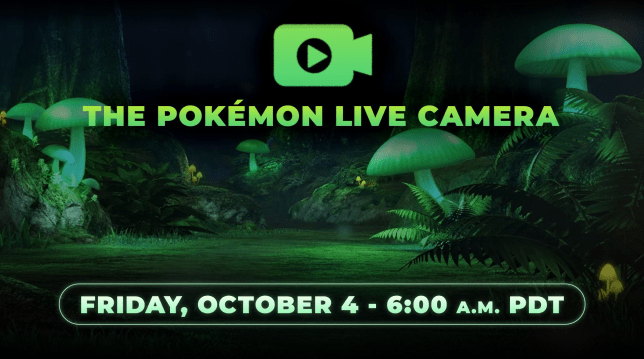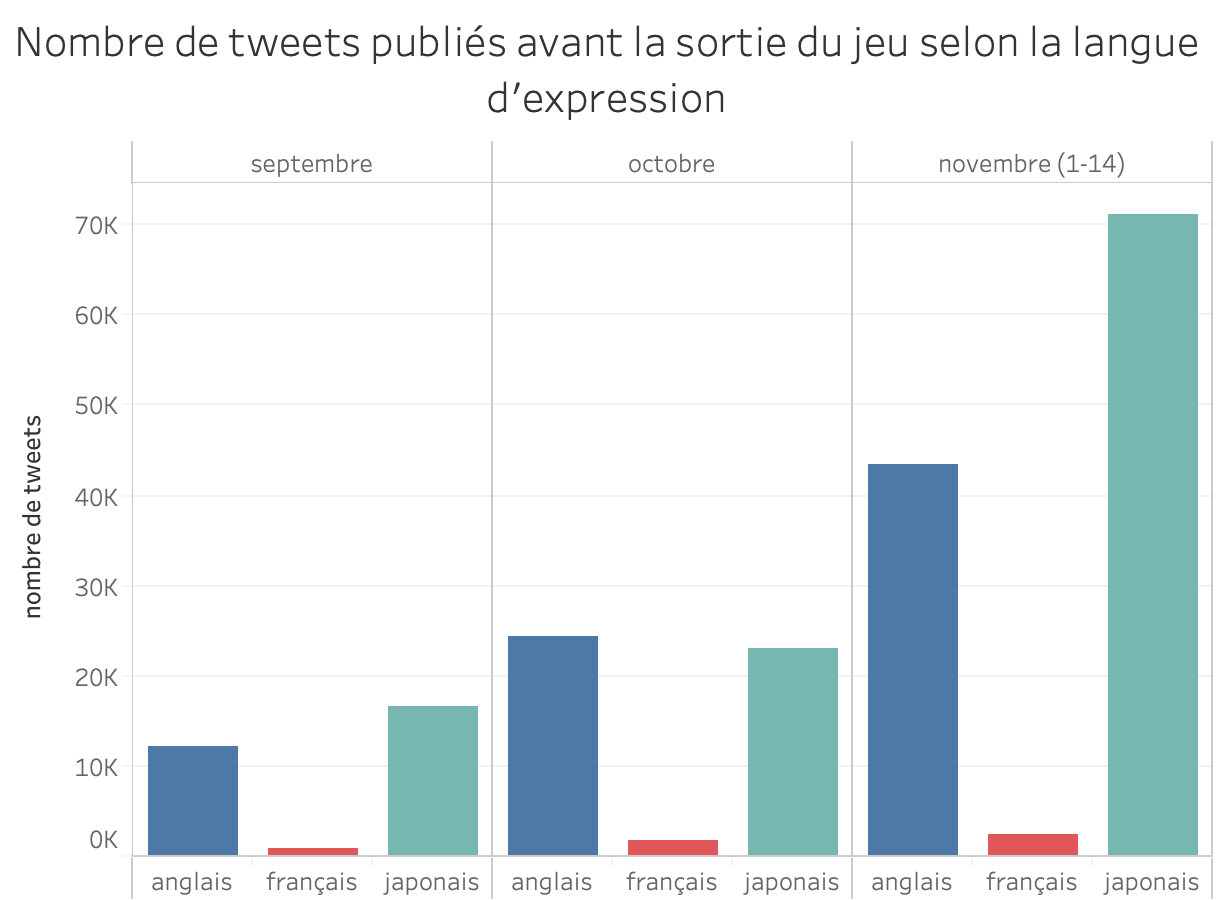I have once again been neglecting this outlet for quite a while now despite a few major changes to my situation as a researcher. My last blog post was dedicated to announcing the successful defence of my PhD dissertation. However, at around the same time, I had received news that my funding application to secure a postdoctoral research fellowship position at UQÀM to the Fonds de recherche du Québec was approved by the agency. I forgot to officially announce the good news here, so I wanted to take some time to properly introduce the orientation of my second major research project.
Since my arrival in Montréal two years ago, I have been working closely with the Homo Ludens research group on a variety of projects, but with no clear agenda of my own beyond adapting to a new research environment and agenda. However, Prof. Maude Bonenfant and I made plans to make my presence in the research group more concrete with tangible research outcomes by supporting a research fellowship application at UQÀM though which I could further my specialization in data-driven game analysis, as well as share my expertise with the group. Fast forward a year or so, and a successful funding application for a two-year research position, and I now have my own office and the chance to spend a considerable amount of time research text mining applications to game studies projects and, excitingly, make use of them for a concrete long-term project with fellow graduate students.
The core objective of my research fellowship is to provide a comprehensive overview of the different text mining tools and methods that can be used in the machine-assisted study of video games and video game culture. This is somewhat of a fresh subfield as data-driven work in game studies is as prominent as it has the potential to be considering to extent to which digital game is made of primarily born-digital texts and database structures. The main project in which our methodology will be tested will be an analysis of the reception of the upcoming Pokémon Sword and Shield games for Nintendo Switch based on data gathered from Twitter from the perspective of gameplay mechanics, a topic aligned with this year’s overall theme of the Homo Ludens research group.

One of the promotional events for the release of Pokémon Sword and Shield
I started the position in June, but a mix of conference travel, institutional strike, and the need tie up a few loose ends prevented me from starting to dedicate most of my time to furthering the objectives of my mandate. Consequently, the project is still in its early phase, but I plan to share information about it in a more timely fashion from now on.
As a final note, I just want to reach out to all text mining researchers out there who might want to share ideas or insights about the specifics on conducting research that bridges between game studies and digital humanities. I would like to report on the progress of the project on this platform as often as possible, and possibly use it as a way to discuss issues and the various roadblocks that we will run into. Don’t hesitate to contact me if you feel that any aspects explored here speak to you!



